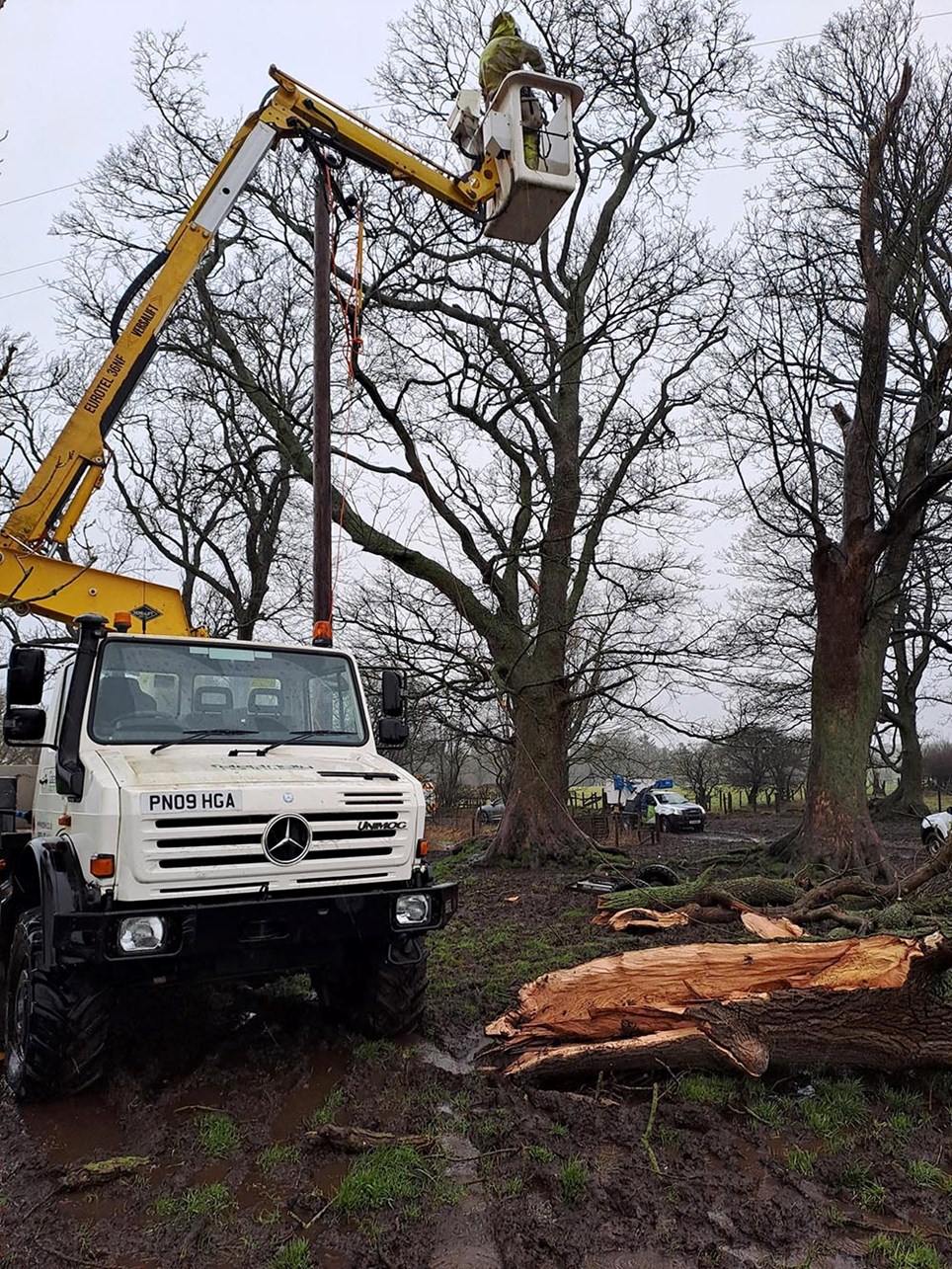Groundbreaking proposals which will transform the way the North West’s power network responds to storms have been approved by energy regulator Ofgem.
Electricity North West will now spend an additional £40m over the next four years across six projects which will enhance network reliability when adverse weather hits in some of the most remote areas across the region it covers.
The power network operator submitted proposals to Ofgem’s business plan re-opener in February. The proposal was launched following Storm Arwen which caused devastation to large parts of the UK power network in 2021.
Ofgem announced its decision last week and Electricity North West is the only DNO to be successfully awarded funding for all the projects that it proposed.
Paul Killilea, Electricity North West’s asset and investment director, said: “We’re absolutely delighted that all our submitted projects have been approved by Ofgem.
“This is great news for our customers who live in rural areas and do experience interruptions during storms and bad weather.
“The investment we will make will undoubtedly enhance the way the network operates, disruptions will be reduced and when power cuts do happen, the technology we install will mean we can restore more properties quickly.”
The approved programmes will see Electricity North West install more automation on the low voltage power network, improving visibility of issues and restoration times. Targeted sections of the overhead network would be moved underground whilst more interconnectors linking key parts of its network would be installed to improve resilience.
New interconnectors will also be created to allow a mutual power exchange with neighbouring distribution network operators (DNO) to restore power to customers more quickly.
The submission was supported by regional MPs including Tim Farron along with local councils and other key stakeholders.
In the immediate aftermath of Storm Arwen, Electricity North West made enhancements to its network management system and installed 750 low voltage monitoring devices in areas impacted by the weather. It also provided a £500,000 community fund which supported resilience in rural communities.
“After Storm Arwen, we participated in industry reviews and have implemented a lot of lessons learned,” added Paul Killilea.
“Our network is built to and in many cases surpasses industry standards but we recognise there are always ways to improve it.
“As well as carrying out an ongoing, yearly, resilience programme in response to the climate change and variable weather, the reopener allows us to submit enhanced proposals which will improve resilience in these most rural areas.”


